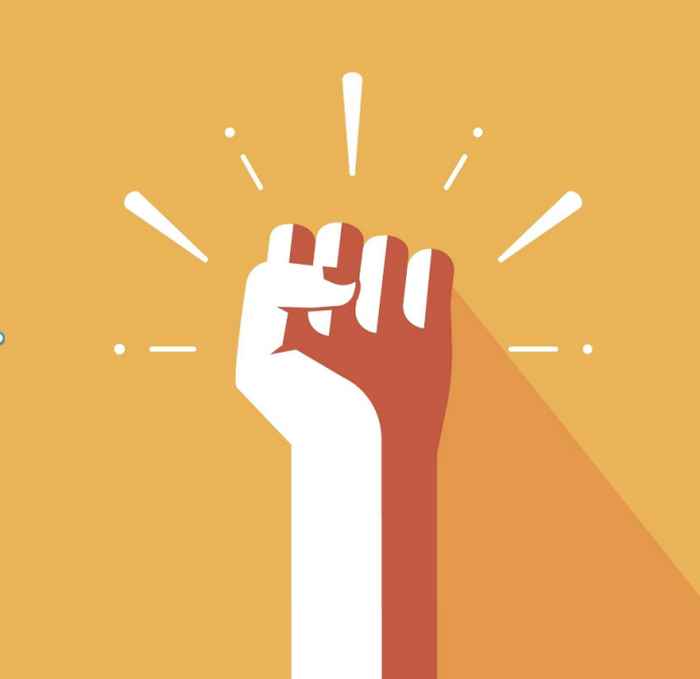Human rights may be best protected outside of the courtroom
Amsterdam Law School
18 November 2024

What is a regional approach to human rights?
‘Regional human rights systems strengthen the protection of human rights by taking into account regional considerations, such as shared regional customs, values, culture and practices. They are relatively independent sub-regimes that are part of the larger framework of International human rights.’
What triggered your interest in regional human rights regimes?
‘I’ve been interested in the human rights system for a long time. Back in 1998, when I was a master’s student in the United States, I joined a fact-finding mission on fair trial procedures and the persecution of human rights defenders in Turkey’s Kurdish region. I helped American lawyers with their interviews with their Kurdish counterparts. They were dealing with cases of torture and disappearances. Some of these Kurdish lawyers received death threats and had their colleagues murdered because they did these cases. I was very inspired by them and this story stayed with me for the rest of my career. Human rights regimes are often portrayed as very effective. But when I was in the field, I saw that the European Court of Human Rights (ECtHR) wasn’t very successful. I started to wonder how it works in different regional regimes and what we can learn from them. The scholarship is still quite Eurocentric. However, more parts of Europe now deal with the same problems as Africa and the Americas. Democracy in Hungary is under attack, for example. We should learn from other regimes on how to deal with that’

Declaring human rights were violated is in itself a relief for the victim
What type of human rights violations are you looking at?
‘I’m looking at so-called “hard cases”. That includes legal repression, which is the use of law and court to criminalize people. The Russian government, for example, fabricated charges to suppress political opponents of Putin. I also look at state violence in the form of, for example, torture and enforced disappearances. The last category of complex cases concerns the systematic rule of law violations, such as trying to eradicate the parliament and human rights institutions.’
What are regional human rights regimes able to do?
‘Regimes interpret their power differently. But essentially, when the court finds a violation, they can order states to grant victims remedies. Declaring human rights were violated is in itself a relief for the victim. But remedies can go beyond that: victims can be financially compensated for emotional or physical pain. Governments can also take measures to try and undo the damage. For example, giving a job back if the victim was fired. Governments can also take precautionary measures to ensure these violations don’t happen again. In European cases, remedies are restricted, which makes it easy to comply with the ECtHR judgments. That’s why we should look beyond compliance. Turkey, for example, has always paid the compensation that the ECtHR has awarded victims, which is an important victory for victims. But at the end of the day, all Turkey has to do is pay compensation. It creates the image that nothing really changes.’
Why is the European human rights regime less effective?
‘In Turkey, the European Court of Human Rights is viewed as a political body. The Committee of Ministers (CoM) is in charge of monitoring the execution of the court’s judgments. The committee consists of representatives of the Council of Europe member states, and its goal is to uphold human rights in Europe. But if you are Hungary, you will not judge Poland too hard because they may come after you when you are inspected. It’s political. Turkey is in violation of several resolutions. But by letting Turkey stay in the Council of Europe, other member states undermine the effectiveness of the European human rights system.’
It’s important not to give the impression that human rights are negotiable
How are other regional human rights regimes different?
‘I spent a few months in Argentina and interviewed legal experts there. What stood out, and I didn’t realize its extent before, was the role of Inter-American Commission of Human Right. In the Americas, the Commission often acts before the Inter-American Court of Human Rights resolves individual cases and can therefore make a real difference. In Honduras, for example, the Commission sent a delegation only a few months after the coup d’etat at a time when people were arbitrarily arrested and killed in detention. The fact that the Commission went there to investigate probably saved lives. People speak highly of the commission, and it has authority. This means their statements actually have an impact. The court can’t do that before a case is settled, which can take years.’
What can Europe learn from that?
‘Since each member state has veto power in Europe, states like Turkey and Hungary will keep protecting each other. It’s a problem when our institutions act weakly or appease. They undermine their own effectiveness, and signal to regimes that human rights are negotiable. That’s why it’s important that Russia was expelled from the Council of Europe, but also concerting that Turkey is allowed to get away with violating ECtHR judgments by not releasing political dissidents who are held in arbitrary detention. It’s important not to give the impression that human rights are negotiable.’
Are you still hopeful about upholding human rights in Europe?
‘In a way, it’s too late. Turkey is no longer alone in the Council of Europe. A bigger crowd now supports each other in undermining human rights and using their veto power within the Council of Europe. But I don’t want to sound dismissive. These rights are worth fighting for. We all have to do our best. One thing I’m hoping to change in academia is the Eurocentric view. I think academics are too favorable to the European court. We need to stop being so European centered and court focused, and look at possibilities in civil society instead, similar to the human rights regime in the Americas. There is certainty room for change, but it has to be drastic change.’